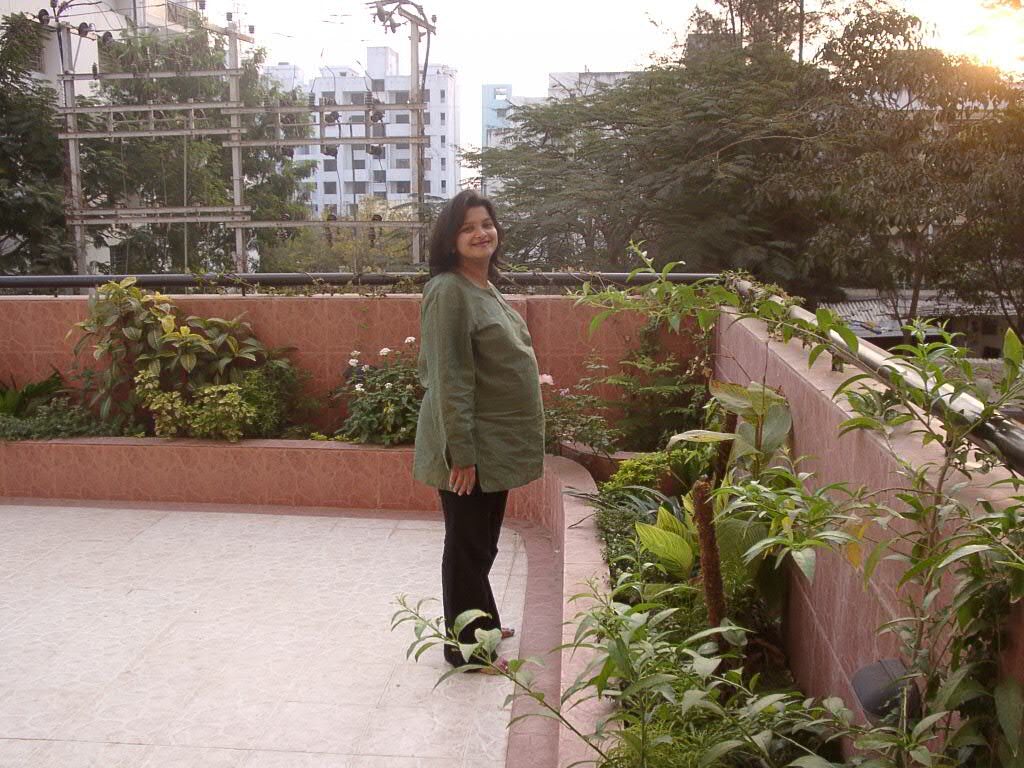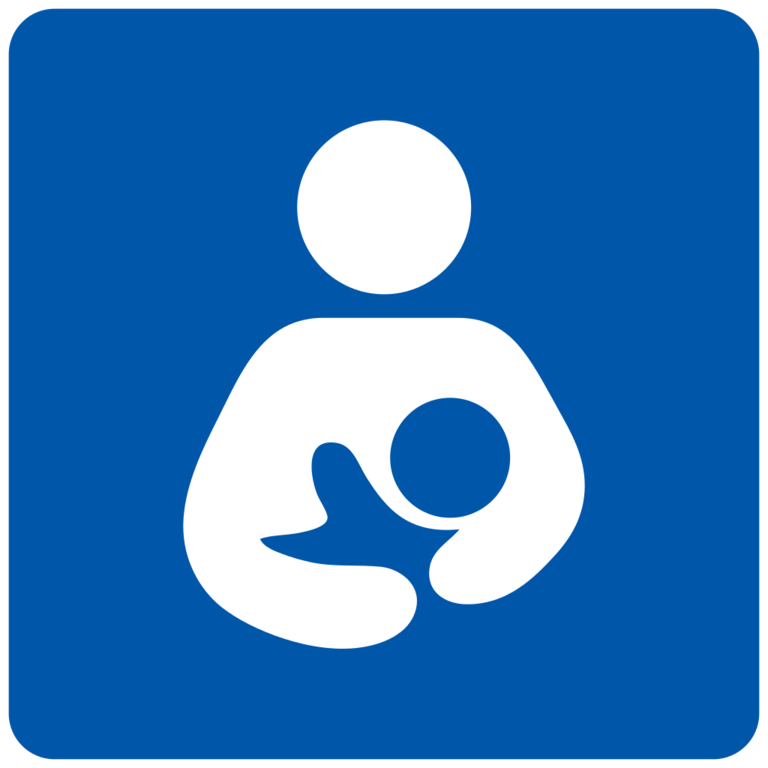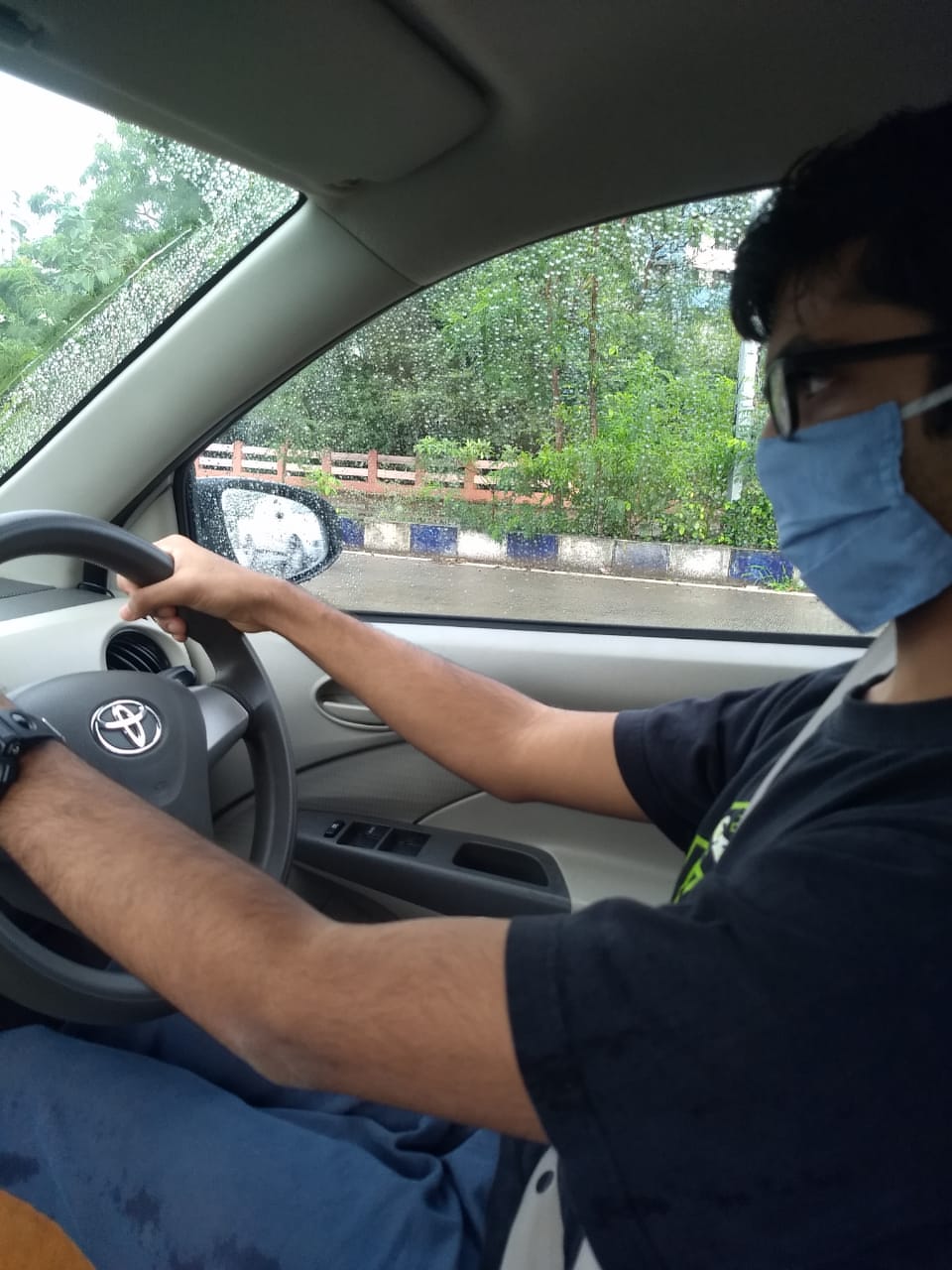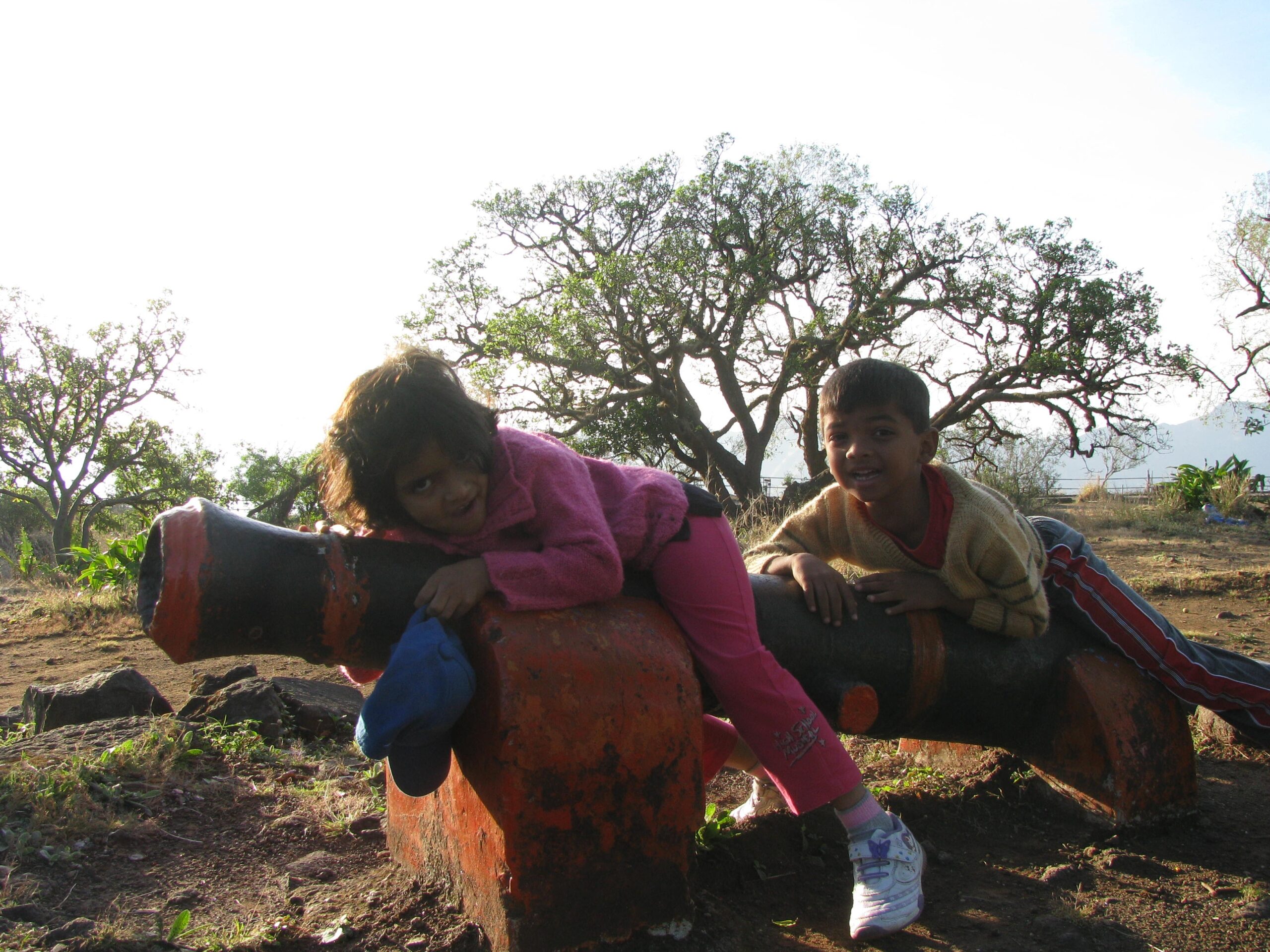For a culture that will feed you no end so you can feed your baby well, we do a pretty shabby job of giving breastfeeding women what they and baby’s health need most: a stress-free environment. Breast-feeding is worse than a “damned if you do, damned if you don’t” predicament. You are damned if you don’t, for sure. If you do, you are damned for not doing enough, and not doing it right, and not doing it to the satisfaction of your aunt’s neighbour’s needs.
So, everything I say comes from having observed people talk about breastfeeding generally and to women who are breastfeeding specifically. However, a lot of it comes from two lived experiences: the two spans of times I breastfed and the one time I was the primary caregiver for a close friend for the first few days after her firstborn’s birth.
Damned if you don’t.
My friend’s baby just refused to latch. She had gone through a c-section; she was sleep-deprived and in a lot of pain. Just because every woman goes through it didn’t make her suffering any less. She would try to feed the baby every hour as her breasts engorged and became tender. They hurt at the slightest touch. The kiddo just wouldn’t latch. And at every “weighing-time”, he would come back a few grams lighter.
Every time my new nephew was formula-fed, I felt a punch in my gut. As if, had I known better, he would have latched. My friend didn’t expect it from me; her family didn’t either. No one said one harsh word. I expected it from myself. That the baby didn’t latch was my failure—according to me. Seven years later, the baby is as healthy as any other kid his age, yet the memory of those days makes me feel guilty.
For a reasonably well-read person, who had delivered two of her own, who no one was blaming, I couldn’t fight the self-blame. Why might that be? Of course, one could be I am just made that way, a self-beater-upper. At the same time, I realise now that it is also because the importance of breastfeeding was pounded into my head.
A lot of bandwidth in books, pre-natal classes, conversations with family and friends is taken up by the value of breastfeeding. Especially the books. They make it sound like the holy grail. But, considering all the things that could go wrong with parenting and creating a good, responsible human being, not-breastfeeding is hardly the end of the world.
I really appreciate my luck that people weren’t mean to either my friend or me. Even if they would have been, we had thick enough skins, seasoned as we were in our fortieth year. People are unthinking with their
“Oh, the baby is so light!” or
“Oh baby fell ill again, would have been better if you could breastfeed,” or
the genius, “Breast milk is better than formula,” Ummm, no shit, Sherlock.
Luckily, my friend had hormones as supportive as her family, and they didn’t drive her to depression.
I shudder at the thought of younger, less-exposed women going through this situation. For not too long before then, I was somewhere in between—in the late-twenties with medium-thick skin—though, I had a breastfeeding problem quite the opposite.
Damned if you do, because trying is never good enough.
“You can’t say no one warned you.”
~ Me to myself, with tears of pain as I gently touched my tender-sore armpit, waiting for my second baby to be hungry again. Mine was a problem of plenty.
Did you know breast milk finds its way out of any duct, even armpit ducts? Did you know the body makes an extra nipple, even if a small one, wherever it feels like in the process? Well, I didn’t. The first time around, anyway. Supposedly, it is a common enough occurrence to fall under “part of motherhood”.
THEN WHY DIDN’T ANYONE TELL ME!? Not the 2-3 books I read. Not a prenatal class. Not other friends and family who have had kids. No one. They go on and on about labour pain. The 22-hour labour I went through was as bad as watching a “good” Salman Khan film compared to the 12-15 months of painful breasts afterwards. I am not demanding a solution or even pain-free mothering—that would require the world of medicine to pay attention to women’s needs. And this, after all, is only a few women’s needs—at the time, just a warning would have helped me with expectation management.
I understand this detail can scare women. But it is scary. Picture this:
Baby feeds.
↓
Mother’s body produces milk.
↓
Breast engorges.
↓
Breasts hurt. Like. Mad.
↓
The only relief is expressing the milk out.
↓
Express milk.
↓
The body produces more!
The silly body doesn’t know that it is not for the baby. Plate mein extra daala toh waste ho jayega na[i]If you serve more food on the plate, it will go to waste..
The residue lingers
Nineteen years later, I haven’t heard of a solution to this problem. Despite the well-meaningness of the massage lady, I know that submerging your breast in a tumbler of warm water makes the water milky—also known as more milk was produced. The mere thought of a tender, gentle, caring touch makes tears of pain roll out.
The only thing I could work on was finding ways to make breastfeeding times a little less stressful. A plastic chair, a u-shaped feeding pillow, gazing at the blooming Gulmohar tree outside my window—were my comforting companions. A deaf ear to taunts helped too. More on that in a bit.
Even as I write this, I am fighting tears from the memory of that pain. But that could also be because, in some sense, I carry the scars. Every menstruation cycle since my first birth, I suffer from engorgement and the ensuing pain. The lumps in my armpits never left me. As much as I carry them as a badge of motherhood, there are times they make me conscious when I wear sleeveless stuff.
A few years ago, I found a vitamin recommendation and a home remedy that worked for me. Only recently, I found out about lymphatic massage that has worked wonders for me. I am no doctor, so I will refrain from including that information here. But do get in touch if you would like pointers. I understand that all this might be a part of ageing and/or menopause. At the same time, it is difficult to believe that ageing hit me immediately after I started lactating. Anyway looks like the armpit lumps and the extra nipple are here to stay. Whatever, right?
A few physical scars here and there we can deal with. It is the constant stress of doing breastfeeding right that gets to you. Both my babies stayed at the lower end of age-appropriate average weight through their first few years. So, I wasn’t saved the repeated recommendations for herbal concoctions to produce more milk. Some people, I can count at least five, just don’t get that over-production is a thing.
I wasn’t saved the taunts either. I am grateful for being so well-prepared for them that these didn’t bother me: “Oh, are you sure he isn’t hungry?” “So tiny! But you are feeding her well, maybe it’s genetic.” Yeah, I am just about five feet tall. It doesn’t matter at all, but for mothers getting worried about height and such: the son is at least 5 feet 9 inches tall now, and the daughter at least 5 feet 4 inches. Both, in good health too.
This stuff did take a physical and mental toll. I was detected with hypothyroidism after one delivery and high blood pressure after the second one. I went through, what I now deduce as, post-partum depression. Though there is no way of telling if the breastfeeding trauma has anything to do with the depression bout.
For about 12-15 months of my life, I went through pain that I could have been better prepared for had I been warned. Another 12-15, I just about managed. I really wish more is written about this. Maybe there are solutions out there that work, and we don’t know only because it is not discussed.
Meanwhile, though, it’s great if a woman can breastfeed. It’s alright if she can’t or doesn’t want to. I don’t know if stress contributes to the under-and-over-production of breast milk. But, we’d have more, healthier mothers if we take the stress out of the feeding process.
Do share your experience in the comments here or by e-mail.
I have been meaning to write this post for a long time now. Finally, I was pushed by the thoughts provoked by Womaning in India‘s post on Menstruation Jokes.
| ↥i | If you serve more food on the plate, it will go to waste. |
|---|




